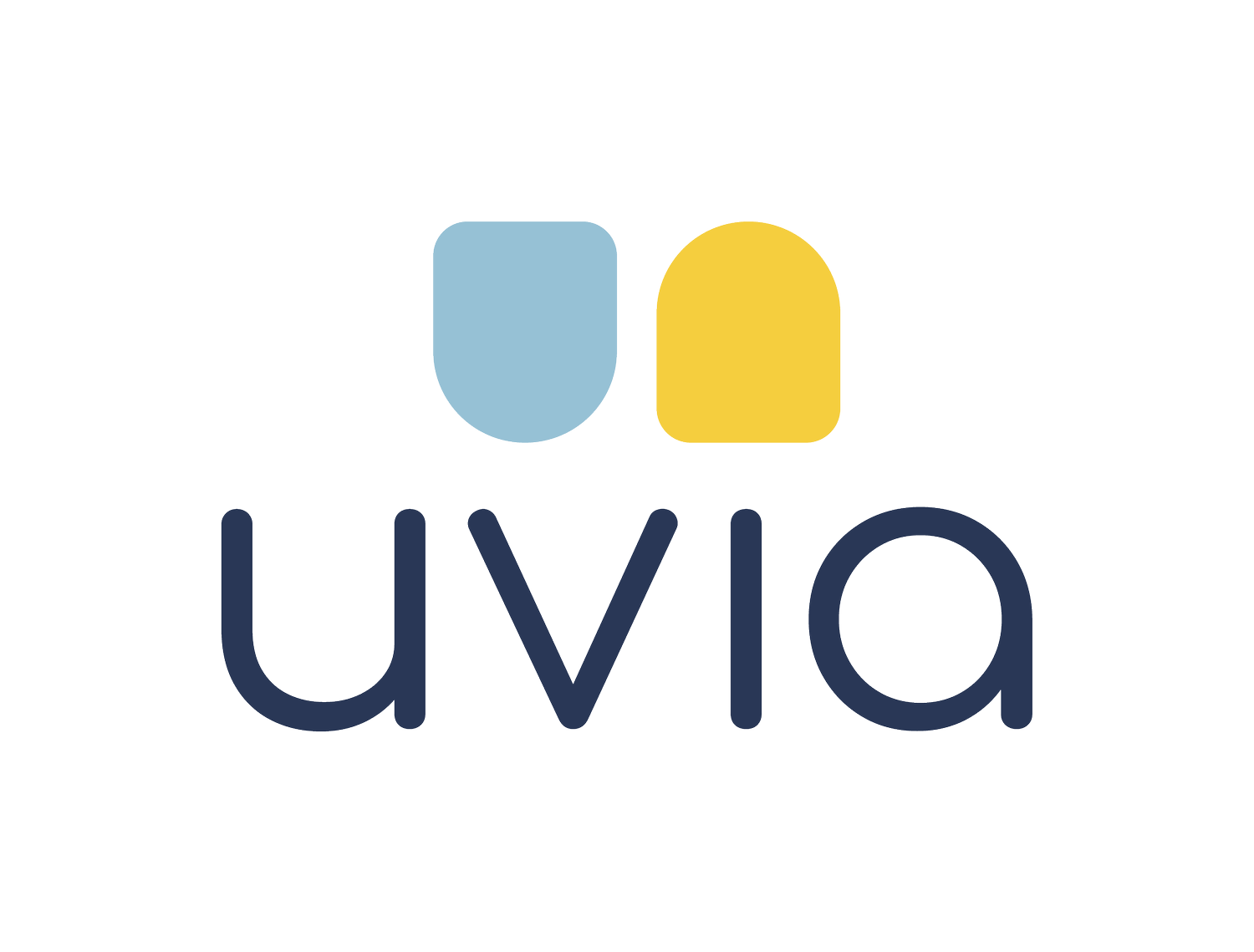The new emergent digital landscape of psychiatry
With the meteoric rise of smartphone and digital technologies, perhaps it is surprising that few of these advances have deeply embedded themselves into the landscape of clinical psychology and psychiatry.
These tools, such as mental health smartphone applications, artificial intelligence (AI) systems, and telepsychiatry are emerging, but there has been some resistance in their wholesale adoption by clinicians and mental health services.
Whilst human mental health professionals will continue to be an integral part of health care, personalised treatment recommendations based on smartphone data, AI cognitive behavioural therapy, and augmented and virtual reality treatments, are all new burgeoning technologies that can be integrated into mental health care systems.
The caution in adopting these new technologies is for good reason. We believe that any the use of the technologies needs to be happen with clinical oversight and governance by expert clinicians. Furthermore, mental health smartphone applications in particular, have seen a surge in production and popularity, with 1000s of apps available to download and try currently with several concerns and limitations about these highlighted in the medical research literature (Huckvale et al., 2020) including:
Limited evidence on efficacy.
Difficulty understanding their applicability to different populations (which apps for which demographics).
Privacy.
Lack of standardisation
Quality of services and the risks of taking advantage of vulnerable populations.
digital placebo effects.
While these risks require careful attention, and additional research into the long-term efficacy of these apps is needed, this should not negate their potential therapeutic effects, especially for individuals who have perhaps not been able to access mental health tools previously due to either socioeconomic or stigma related barriers. These apps also provide a range of additional benefits (Stern et al., 2022) that conventional mental health services do not, for example they provide:
Involvement.
Anonymity.
Introduction to mental health services.
Low cost.
Treatment of more users and improved accessibility.
Interest / novelty.
24-hour access
Consistency.
Support.
Data collection.
Personalisation of health care and precision medicine.
The new technological frontier of psychiatry is rapidly approaching, and whilst healthy caution in warranted, this new field brings with it a diverse range of new possibilities in treatment options for users. Here at Bloomfield health, we believe that with careful integration of these new platforms and therapeutics, there can be drastic improvements in patients access to, and quality of, mental health services.
References:
1. Huckvale, K., Nicholas, J., Torous, J., & Larsen, M. E. (2020). Smartphone apps for the treatment of mental health conditions: status and considerations. Current opinion in psychology, 36, 65-70.
2. Stern, E., Micoulaud Franchi, J. A., Dumas, G., Moreira, J., Mouchabac, S., Maruani, J., ... & Geoffroy, P. A. (2022). How Can Digital Mental Health Enhance Psychiatry?. The Neuroscientist, 10738584221098603

